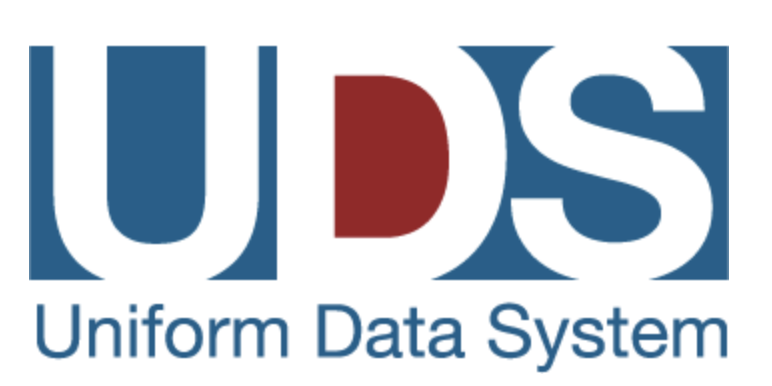Technology has a lot of potential to improve efficiency and health outcomes in the complex practice of healthcare, from time-sensitive interventions in the hospital environment to long-term preventative measures among patient populations. Diagnostics, data management, patient engagement, and personalized medicine all stand to benefit from greater technology integration in a holistic, connected care model. Despite this, there are many hurdles that prevent technology from being adopted as quickly or effectively as it could be. Let’s take a look at the challenges contemporary healthcare organizations face.
The Digital Front Door: Meeting Key Patient Engagement Needs
Current trends in healthcare are prioritizing patient needs more than ever. Patients have indicated[¹] that they want healthcare companies to give them consumer-centric tools that offer the same freedom and convenience experienced in industries such as retail and modern banking. For example, 60%[²] of patients would like providers to use texts between appointments, and 76%[²] of patients want healthcare companies to provide an easy way to understand and pay medical bills.








